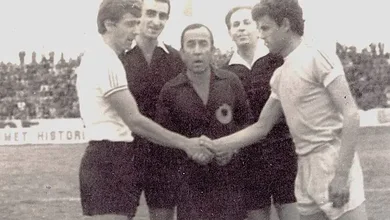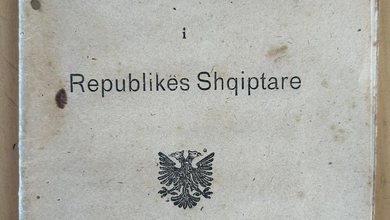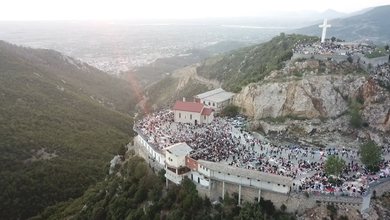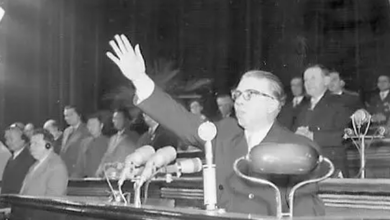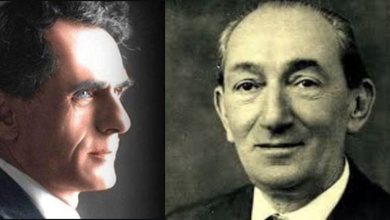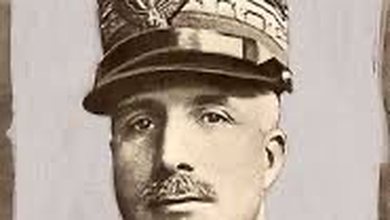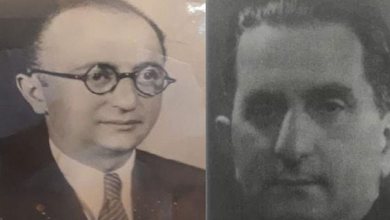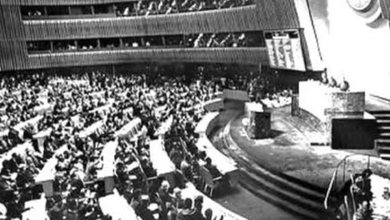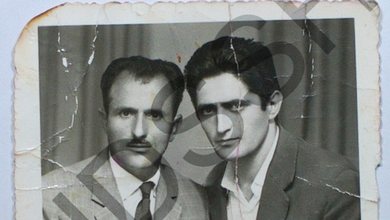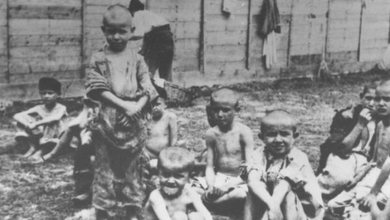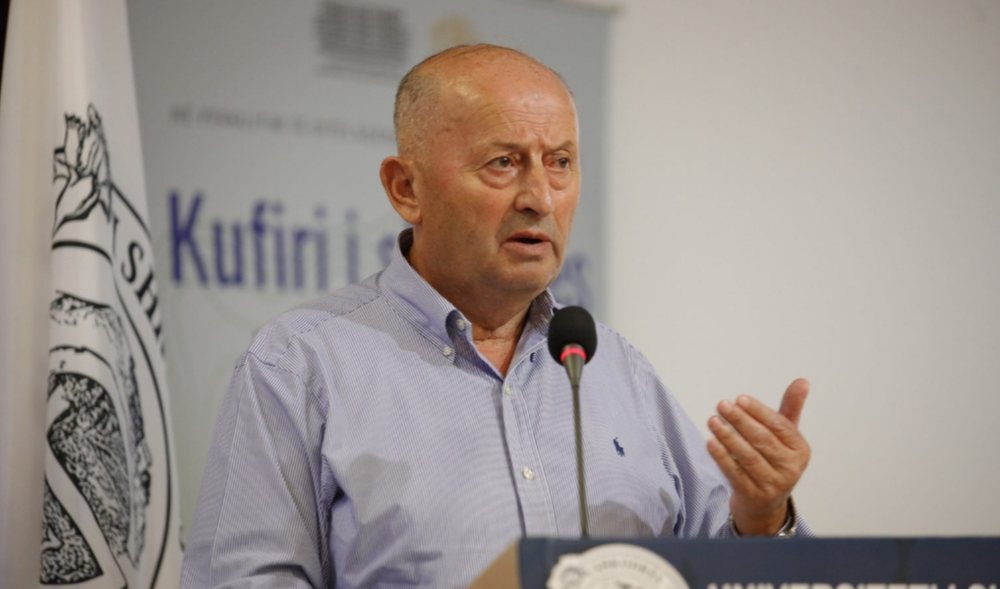
“They insult us and humiliate us, they curse us, enemies of the homeland! Traitors!” these words of Arshi Pipa in his work “Nemesis” summarize one of the deepest prejudices of the post-war period in Albania. But who were really those who were forced to leave the country in the years 1944-1990? Were they really “traitors of the homeland”, “reactionaries”, “enemies of the people” or simply people who sought to escape from a regime that mercilessly persecuted them? This is the story of Shkodra, a city with rich cultural and religious traditions, which during the communist period turned into a bloody arena of repression and violence. In this context, their story is not only evidence of the suffering of a people, but also a testament to their resistance for freedom and dignity.
If there is one city that embodies the deep wound of communist persecution in Albania, it is Shkodra. The city of culture, faith and knowledge was mercilessly struck by the totalitarian communist regime from the first day it came to power, in November 1944. Shkodra was declared a “strategic enemy” by the State Security not for any sin of its own, but for the values it represented: its Catholic heritage, intellectual elite, civic tradition and the free spirit of its highlanders.
Violence that aimed to destroy the soul
The machinery of violence began with a systematic attack on religion. The Catholic Church, which for decades had illuminated the spiritual and educational life of the city, was brutally attacked. Bishops, priests, and laypeople were shot, imprisoned, and exiled. Churches were closed, seminaries were destroyed, and dozens of martyrs were sacrificed simply because they believed in God. Violence against religion in Shkodra surpassed any other scale in the country. The intellectual elite of teachers, writers, artists, and professors were targeted as enemies of the regime. Books were confiscated, family libraries were looted, and all independent writing was banned. Culture was punished, not for its quality, but for the freedom it represented. Teachers who had shaped generations were transformed into “reactionaries,” while their students were forbidden to dream.
State Security was the tool of terror
The State Security built a dense surveillance network in Shkodra. Entire neighborhoods were under constant surveillance. Families known as Fishta, Koliqi, Bushati, Shllaku, Çoba, Markagjoni were declared “class enemies.” Their children were denied the right to education and work, and often ended up in internment camps or prisons.
The camps of Tepelena, Savra, Grabjani, Gradishte and the prisons of Burrel, Spaç and Qafë Bari were filled with young citizens of Shkodra, men and women who dared to express a different opinion. In the period 1945-1949, hundreds of people were shot without trial. The Zalli i Kirit and the Rrmaj cemeteries are still living evidence of crimes that want to be forgotten, but cannot be hidden.
The missing remain a pain without a grave
One of the deepest wounds of this city are the political disappeared. They are the people who were taken at night, never returned, and not even a grave was left for them. Families lived with the anxiety of a news that never came. There were no files, no explanations, only deadly silence. After decades, the mass graves began to tell a story that demands justice. The disappeared are not numbers: they are our fathers, brothers, sons and daughters.
Resistance: The word of freedom did not die out
However, in the darkness of this violence, Shkodra did not remain silent. From the northern mountains, resistance groups led by figures such as Prek Cali, Jup Kazazi, Llesh Marashi, opposed the government with weapons and ideals. This was a resistance that the regime called “reactionary”, but history knows it as an attempt to defend freedom. Escapes became another form of resistance. Thousands of citizens, including children and women, left everything behind to escape death and violence. According to Sigurimi data, 924 Shkodra residents fled the country, many of them losing their lives while trying to cross the border. Through their courage, they proved that freedom does not die: it is simply held hostage temporarily.
Political immigrants not traitors, but pillars of national conscience
The regime portrayed the fugitives as “enemies of the people,” “collaborators,” and “foreign agents.” But in reality, they were patriots, intellectual elites, people of culture and faith who were forced to flee to save their lives and dignity. Names like Mit'hat Frashëri, Ernest Koliqi, Arshi Pipa, Martin Camaj, Eqrem bej Vlora, Abaz Kupi, Tahir Kolgjini, and many others were tarnished, but their works are today the cornerstone of our national identity.
In New York, in the Albanian diaspora, voices are still heard like that of Mrs. Mri Mrnacaj, who fled at the age of five after her family's tower burned down and her father was killed by the regime. This and many other stories, such as those projected in the "And the Walls Have Ears" initiatives, are part of our collective memory, evidence of a pain that never went away.
Truth as a moral obligation
Today, at a time when efforts to shed light on the past are increasing, the conference “Albanian Political Emigration 1944-1990” and the symposium “Shkodra, the Border of Expression and Death” come as acts of remembrance and justice. They are not simply academic events, but important moments of reflection and awareness. Their purpose is not only to show suffering, but to restore the dignity of the victims, reconstruct the historical truth and seek justice for the disappeared and the bereaved.
The former State Security, known as the "Party Weapon", served as the machinery that suppressed dissent, destroyed elites, and violently eliminated any dissenting voice. Archival documents, testimonies, and statistics are today the tools we have to narrate what was silenced for decades.
I myself, as one who has experienced internment, persecution and torture, speak today not as a victim, but as a living witness. I speak of those who are no longer there, of the disappeared, of the imprisoned, of the persecuted who left nothing behind except a painful memory and a silent plea: “do not forget us.”
Let's remember, let's talk, let's heal
Preserving historical memory and honoring those who sacrificed themselves is a shared responsibility. Not to incite hatred, but to understand the roots of violence, to learn from mistakes, and to build a future where no regime can ever again kill thought, faith, and freedom. Today, it is time to give voice to the defeated, not as silent victims of the past, but as powerful builders of our national freedom. Their history, filled with pain, sacrifice, and resistance, must serve as a source of inspiration and learning for generations to come. Let this memory be a beacon that illuminates the path toward a more just future, where freedom and dignity are the foundation of every society. Only by recognizing and confronting the past can we build a united and strong nation.
Source: Files Authority
Shkodra under Communist Persecution: Memory, Testimony and Resistance. Speech given by Gjergj Marku at the symposium “The Border of Hope and Death in the Years 1944–1991 – Shkodra Facing the Past”, in Shkodra.


